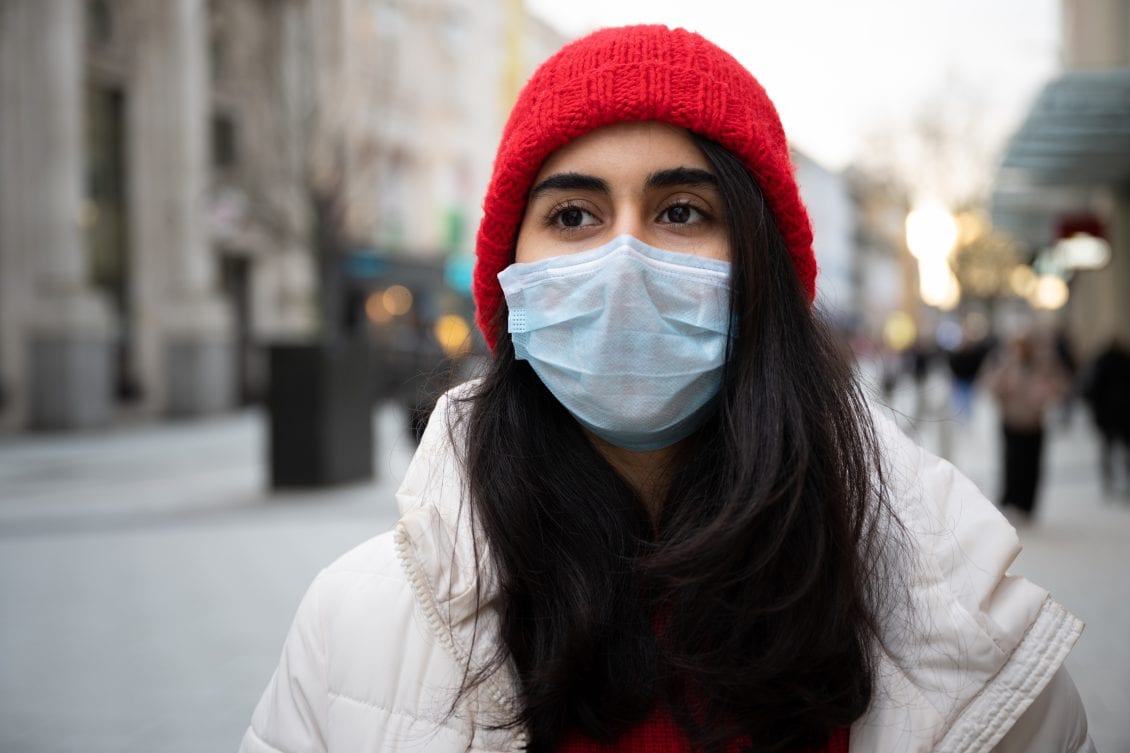The government has issued an updated list of those most ‘at risk’ if they contract the Coronavirus disease.
In yesterday’s first daily update by the Prime Minister Boris Johnson, pregnant woman were added to the ‘vulnerable’ list. Public Health England chief medical officer Chris Whitty said those on the list should stay at home for 12 weeks.
The government has urged everyone to do what they can to stop Coronavirus from spreading. Boris Johnson urged people to avoid the ‘office, pubs and travel’ to help minimise the risk to themselves and others.
The people considered ‘at risk’ include:
- people aged 70 or over
- have a long-term condition
- are pregnant
- have a weakened immune system
If you are suffering from Coronavirus symptoms, you are urged to contact the 111 service ONLY if:
- you feel you cannot cope with your symptoms at home
- your condition gets worse
- your symptoms do not get better after 7 days
[accordions]
[accordion title=”What are symptoms of Coronavirus?” load=”hide”]A high temperature – you feel hot to touch on your chest or back.
A new, continuous cough – this means you’ve started coughing repeatedly.[/accordion]
[accordion title=”How long should I stay at home for?” load=”hide”]if you have symptoms, stay at home for 7 days
if you live with other people, they should stay at home for 14 days from the day the first person got symptoms
If you live with someone who is 70 or over, has a long-term condition, is pregnant or has a weakened immune system, try to find somewhere else for them to stay for 14 days.
If you have to stay at home together, try to keep away from each other as much as possible.[/accordion]
[/accordions]
For now, if you do have signs of the disease, the NHS recommends that you stay at home and only contact them if things worsen as above. Don’t go to your GP surgery, pharmacy or hospital. There is also no need to contact 111 if you are staying at home. The NHS are advising people to seek advice online first before contacting them and have provided a detailed stay at home guide available here.
The following advice from the NHS still stands, with people urged to adhere to these guidelines:
Do
- wash your hands with soap and water often – do this for at least 20 seconds
- always wash your hands when you get home or into work
- use hand sanitiser gel if soap and water are not available
- cover your mouth and nose with a tissue or your sleeve (not your hands) when you cough or sneeze
- put used tissues in the bin immediately and wash your hands afterwards
- avoid close contact with people who have symptoms of coronavirus
- only travel on public transport if you need to
- work from home, if you can
- avoid social activities, such as going to pubs, restaurants, theatres and cinemas
- avoid events with large groups of people
- use phone, online services, or apps to contact your GP surgery or other NHS services
Don’t
- do not touch your eyes, nose or mouth if your hands are not clean
- do not have visitors to your home, including friends and family









Leave a Reply
View Comments